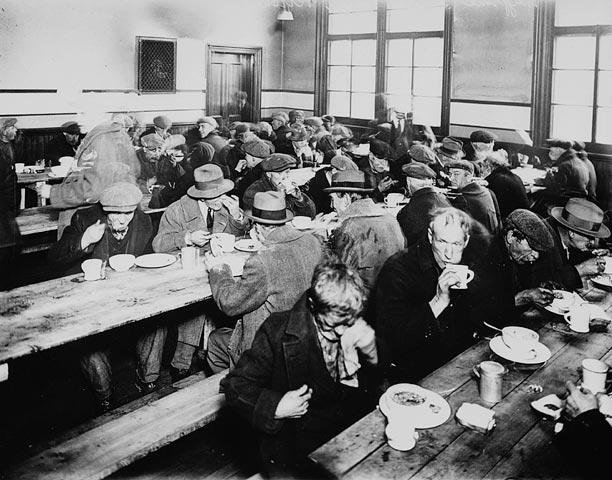Soup Kitchen.
A new study from the University of North Carolina, Charlotte shows providing housing for the homeless may be cheaper than the expenses associated with allowing them to live on the street.
Monday UNCC is set to release the first-year impact report on Moore Place, the first homeless facility in Charlotte with a “housing first” model. Housing first is the idea that the homeless can more effectively address other issues -- employment, addiction, and both mental and physical healthcare -- once they have stable housing.
Moore Place operates on the understanding that it is both more compassionate and less expensive for society to permanently shelter the chronically homeless, who often suffer from physical disabilities and mental health issues that prevent them from providing for themselves, but what the impact report shows, according to Price, is that the financial motivation for this philosophy might be as compelling as the humanitarian one.
The study showed a drastic reduction in expenses related to medical bills, with tenants having 447 fewer visits to the emergency room and 372 fewer days spent hospitalized, a savings of $1.8 million in the first year. There was also a staggering drop in incarceration, with a 78 percent decline in arrests and 84 percent fewer days spent in jail according to Caroline Chambre, director the Urban Ministry Center’s Housing Works.
“You can’t argue with the statistics,” said Chambre. “This approach was controversial at one time because of the stereotype of who the homeless are, and we had to change that stereotype.”
These staggering reductions are largely due to avoiding crimes associated with being on the street -- public consumption of alcohol, public intoxication or urination, loitering, trespassing, begging, etc. -- and the significant decrease in hospital visits and stays is largely thanks to having access to primary care, a higher quality of living, and the avoidance of risk factors associated with being on the street, i.e., malnutrition, exposure to inclement weather and unsanitary conditions, accidents, physical altercations, etc.
What Moore Place suggests is that it is actually more expensive to absorb the costs coupled with continued homelessness than to house the homeless.
“This compassionate perspective is a better way to honor the humanity of a person, but it also works from a fiscally responsible perspective. This really is a win-win,” said Lori Thomas, the UNCC assistant professor who directed the study.
[Charlotte Observer]
[Moore Place]















